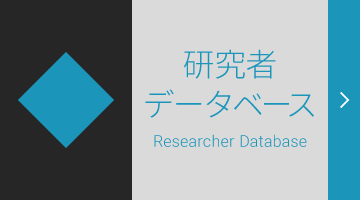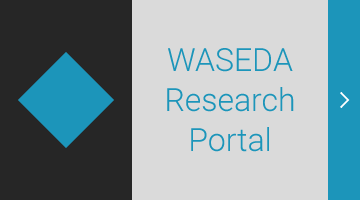| Journal Title /掲載ジャーナル名 |
Medicine and Science in Sports and Exercise |
| Publication Year and Month /掲載年月 |
December, 2022 |
| Paper Title /論文タイトル |
Neutrophil Depletion Attenuates Acute Liver Stress after Exhaustive Exercice in Mice |
| DOI /論文DOI |
10.1249/MSS.0000000000003094 |
| Author of Waseda University /本学の著者 |
SUZUKI, Katsuhiko(Professor, Faculty of Sport Sciences, School of Sport and Sciences):Last Author |
| Related Websites /関連Web |
– |
| Abstract /抄録 |
PurposeExhaustive exercise induces acute liver stress; however, the precise mechanisms remain unclear. MethodsWe investigated the effects of neutrophil depletion in male C57BL/6 J mice. Male C57BL/6 J mice were divided into four groups: sedentary with control antibody (n = 20), sedentary with antineutrophil antibody (n = 20), exhaustive exercise with control antibody (n = 20), and exhaustive exercise with antineutrophil antibody (n = 20). Antineutrophil antibodies (1A8) or control antibodies were administered intraperitoneally prior to running on a treadmill. Immediately and at 24 h after running to exhaustion on a treadmill at a 7% gradient and a speed of 24 m/min, blood neutrophil counts were measured by flow cytometry. Plasma activities of aspartate aminotransferase (AST) and alanine aminotransferase (ALT) were also measured. HE staining was performed to calculate the liver stress score, and hepatic tumor necrosis factor (TNF)-? was measured using enzyme-linked immunosorbent assay (ELISA). ResultsExercise increased blood neutrophil and neutrophil infiltration into the liver. Plasma AST and ALT activities were significantly higher immediately after exhaustive exercise than after sedentary control (AST, sedentary with control antibody:52.2 ± .4.2, exhaustive exercise with control antibody:210.0 ± 19.8, ALT, sedentary with control antibody:29.8 ± 2.2, exhaustive exercise with control antibody:87.2 ± 15.8). However, AST and ALT activities were significantly decreased with the 1A8 antibody (AST:102.2 ± 12.9, ALT:39.2 ± 4.0). In addition, the liver stress score increased after exercise but was significantly reduced by prior 1A8 antibody administration. The 1A8 antibody treatment also decreased hepatic TNF-α levels after exhaustive exercise. ConclusionsThese results suggested that neutrophils play a critical role in increasing liver stress by regulating inflammation. |






